Is multi-bank MFS consortium the ultimate future?
MFS (Mobile Financial Service) guideline prescribed by Bangladesh Bank clearly states that Mobile phone based Financial Services in Bangladesh has to be conducted thorough scheduled commercial bank led platform. So, under the existing regulatory eco-system, formation of an MNO-driven or payment company-led MFS platform is not possible. But have this guideline necessarily opted out for standalone, tinsel mono-bank-led MFS platforms? The answer is very straight; No.
The regulator is actually concerned about interoperability possibility and commercial viability of numerous small mono-bank MFS platforms. That is why Bangladesh Bank officially endorses multi-bank options while forming MFS platforms. Except the first-mover (bKash), none of the existing mono-bank-led MFS platforms have made profit; in fact these MFS platforms have failed to get even closer to break-even.
Surecash is a start-up payment service company that has understood the existing demand-supply gap of MFS industry. Since it is neither a commercial bank nor a subsidiary of a bank, it cannot have a MFS license and it has to operate under the flagship of its banking partners. Surecash has six banking partners namely – Rupali Bank, First Security Islami Bank, Bangladesh Commerce Bank, Jamuna Bank and NCC Bank. These banks use Surecash’s payment platform to provide their customers mobile phone based financial services under revenue sharing agreement.
Surecash partially owns the MFS value chain and shares part of the value chain with its banking, MNO and distribution partners. Surecash is the primary visible brand in the value chain, even though mobile accounts are opened and redeemed by partner banks. MNO partners provide USSD access under revenue-sharing agreements. Surecash manages its distribution partners and distributors manage agents (the ultimate face of the physical channel). But partner banks are ultimately responsible for AML/CFT compliance, risk management and internal controls, complaint and grievance redressal and reporting. Surecash has therefore saved huge capital expenditure (development of standalone, tinsel mono-bank-led MFS platforms) for its banking partners; moreover operating costs of managing distributors and agents have been far lower due to Surecash’s involvement in the value chain.
This multi-bank MFS consortium ensures full-fledged interoperability. Mobile account holders of partner banks can always use the in-house multi-channels (ATMs, braches etc.) for performing cash-in and cash-out transactions. In addition, mobile account holders of one partner bank can perform P2P transactions to another mobile account of another partner bank. Currently only six banks are member of this Surecash-driven multi-bank MFS consortium. But this interoperability possibility should encourage number of commercial banks (yet to launch MFS platforms) to increase efficiencies through shared infrastructure and scale economics.
Is the current regulatory approach to mobile money ‘enabling’? Again, the answer should be very straight; No. But is a payment service provider (PSP)-led multi-bank MFS consortium one step forward towards ‘an enabling regulatory framework’? The answer lies in the future, as a PSP-led multi-bank MFS consortium should also encounter more technical and commercial impediments.

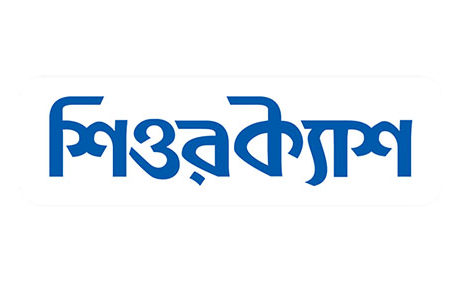
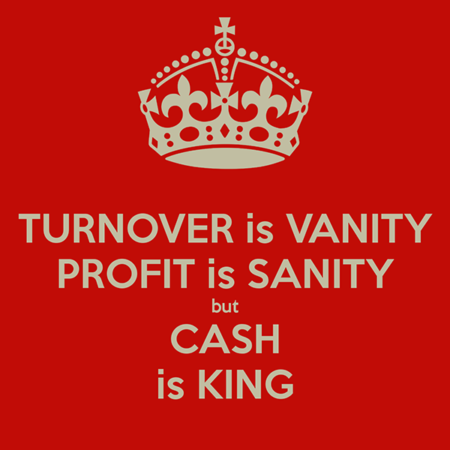
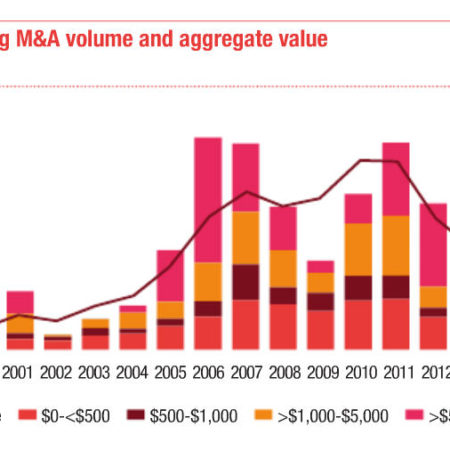

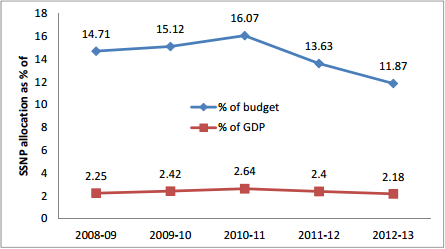

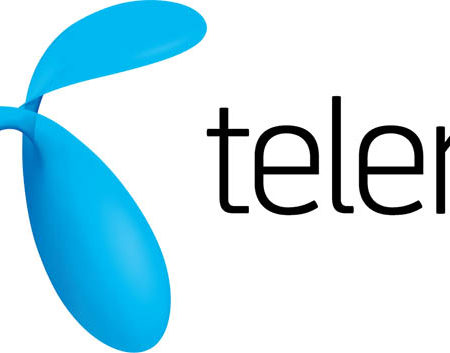



Leave a Reply